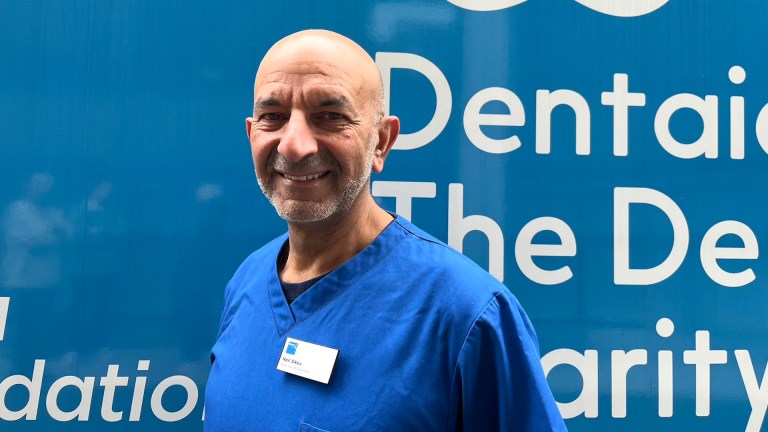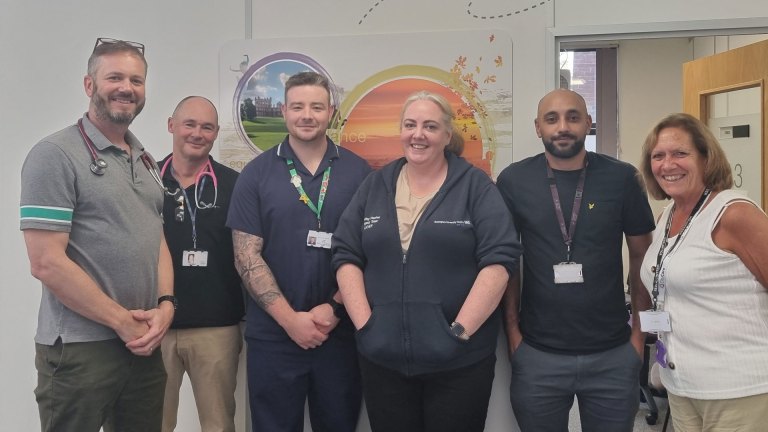Food brought people together in places like London, Bristol and Liverpool, where it was highly populated by black people. Suddenly there was demand for their type of food.
So you were able to walk down the road in London and go to Ron – I remember what he was like. “Alright love, lovely bit of yam here” – sometimes they were rotten but he would just chop off the rotten bit and give you the rest.
We all take sweet potatoes for granted now but the reality is that people used to look at it and ask if it was the same as what we could call the English or Irish potato back then. The sweet potato was completely alien.
When I think about the Windrush generation, they introduced those ground provisions, the root vegetables like the yam, dasheen, cassava, plantain, green banana.
They all grow in abundance in the islands as we know, but were difficult to get here. But when that generation did get here not only did it combine people, but it made them feel stronger.
The dishes that we had back then – marinated calypso chicken comes to mind – you can’t beat it. Obviously braised oxtail too. Even in my new book I have dedicated a few recipes to my late mother because without that Caribbean influence I wouldn’t be talking about it.
Advertising helps fund Big Issue’s mission to end poverty
I also think of the rice and peas, the ackee and saltfish on a Sunday too – there would be one traditional meal every Sunday.
The food would digress a little bit because a lot of immigrants who came to Britain and wanted to integrate, they went to church. So we would eat with the Chinese family, the Italian family, the Irish family, the Indian family – I was exposed to all these wonderful foods.
People say eating your own type of food is like going back to your mum for a good old Sunday roast.
You just feel healthier and stronger, like you can achieve anything after that. You’ll need to sleep first though – after one of my mum’s roast dinners you couldn’t move for a while. But I absolutely loved it.
Now I think people are a little bit fearful of that open-door policy.
I went over to the Caribbean recently and spent six weeks there going from island to island. I was filming a new series of Ainsley’s Caribbean Kitchen.
Advertising helps fund Big Issue’s mission to end poverty
Going over there and seeing each island was really close to my heart, I don’t know if I would ever have experienced that unless it was a TV series.
It was brilliant and a wonderful eye-opener as well as a wonderful way of showing people that Caribbean cooking is not just about rice and peas and jerk chicken. There’s so much to it. And I found so much about vegan and vegetarian dishes because those provisions I mentioned before are so versatile.
They were brilliant times because it was very much their food and our food.
Now I think it is all of our food. I think the whole culture is changing now and all you’ve got to do is pop out to your local high street now and you have 20 cuisines from 20 countries in front of you.
It’s changing rapidly. I love the idea of that.
Ainsley’s Caribbean Kitchen is published by Ebury on July 11.
Advertising helps fund Big Issue’s mission to end poverty










